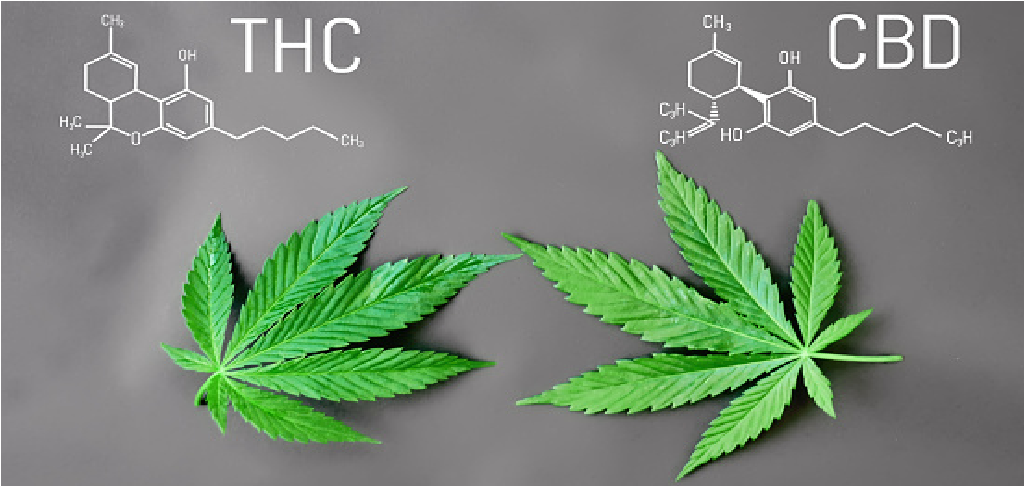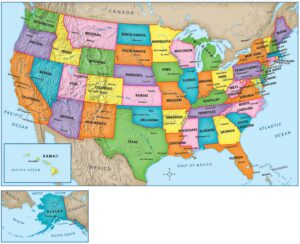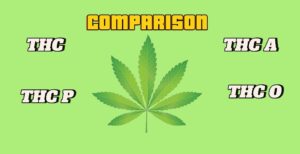https://newsmedicinehemp.info/category/news

The primary difference between recreational and medicinal cannabis use lies in their purpose and regulation. Medicinal use is prescribed by healthcare professionals to address specific conditions such as chronic pain, epilepsy, or nausea from chemotherapy. Recreational use, on the other hand, does not require a prescription and is intended for personal enjoyment or relaxation. Additionally, medicinal cannabis products are often subject to strict controls regarding their composition, such as THC and CBD levels, while recreational products may be less regulated depending on local laws.
In general, a higher concentration of CBD and a lower concentration of THC is indicated for medicinal use, while a higher concentration of THC is indicated for recreational use.
Contents
Opening your mind, here are some points where THC (tetrahydrocannabinol) tends to be more efficient than CBD (cannabidiol):
1. Pain Relief (Severe Cases)
- How THC works: It is effective for managing severe acute or chronic pain, such as that associated with cancer, severe injuries, or surgeries. THC directly activates CB1 receptors in the central nervous system, modulating pain perception.
- Comparison with CBD: CBD works more indirectly and is generally more effective for mild or inflammatory pain.
2. Appetite Stimulation
- How THC works: It’s well-known for causing the “munchies” – a significant increase in appetite. This is valuable for patients with cancer, HIV/AIDS, or eating disorders.
- Comparison with CBD: CBD can, in some cases, have the opposite effect by reducing appetite.
3. Nausea and Vomiting Reduction
- How THC works: THC is particularly effective in controlling nausea and vomiting, especially in patients undergoing chemotherapy.
- Comparison with CBD: While CBD also has antiemetic properties, its efficacy is generally lower than THC for these symptoms.
4. Psychoactive Effects (When Desired)
- How THC works: As a psychoactive compound, THC can elevate mood, reduce social anxiety, and even enhance creative or introspective experiences.
- Comparison with CBD: CBD is better suited for reducing anxiety without psychoactive effects, but it doesn’t provide the “high” that some seek.
5. Spasticity Control in Neurological Disorders
- How THC works: It has proven effective in reducing spasticity in conditions such as multiple sclerosis, helping to relax muscles.
- Comparison with CBD: While CBD can also help with muscle spasms, THC often shows more pronounced results.
Pay attention!!!
Regulations on the use of THC are more restrictive. Only a few states have legalized its use. The minimum age for consumption varies between states and the quantity to be possessed, 18 or 21 years old. We have 2 posts here that deal with the subject. Since THC affects psychoactive substances, be careful with your consumption, but do not limit yourself if you need to. Try to combine consumption with a healthy diet and exercise. Remember to keep it away from children and explain to them about responsible use. CBD has been indicated for use in children under medical advice and has had many positive results.
Below, we recommend two websites to buy cannabis marijuana. The first one has more varieties of products for smoking (such as cigarettes or vaporizers). And the second one has more variety of CBD with a variety of consumption through pills, gummies, oil, vape and others. See what fits your needs. Check delivery in your area. We hope this post helps you. We are very happy that you found it this far!





